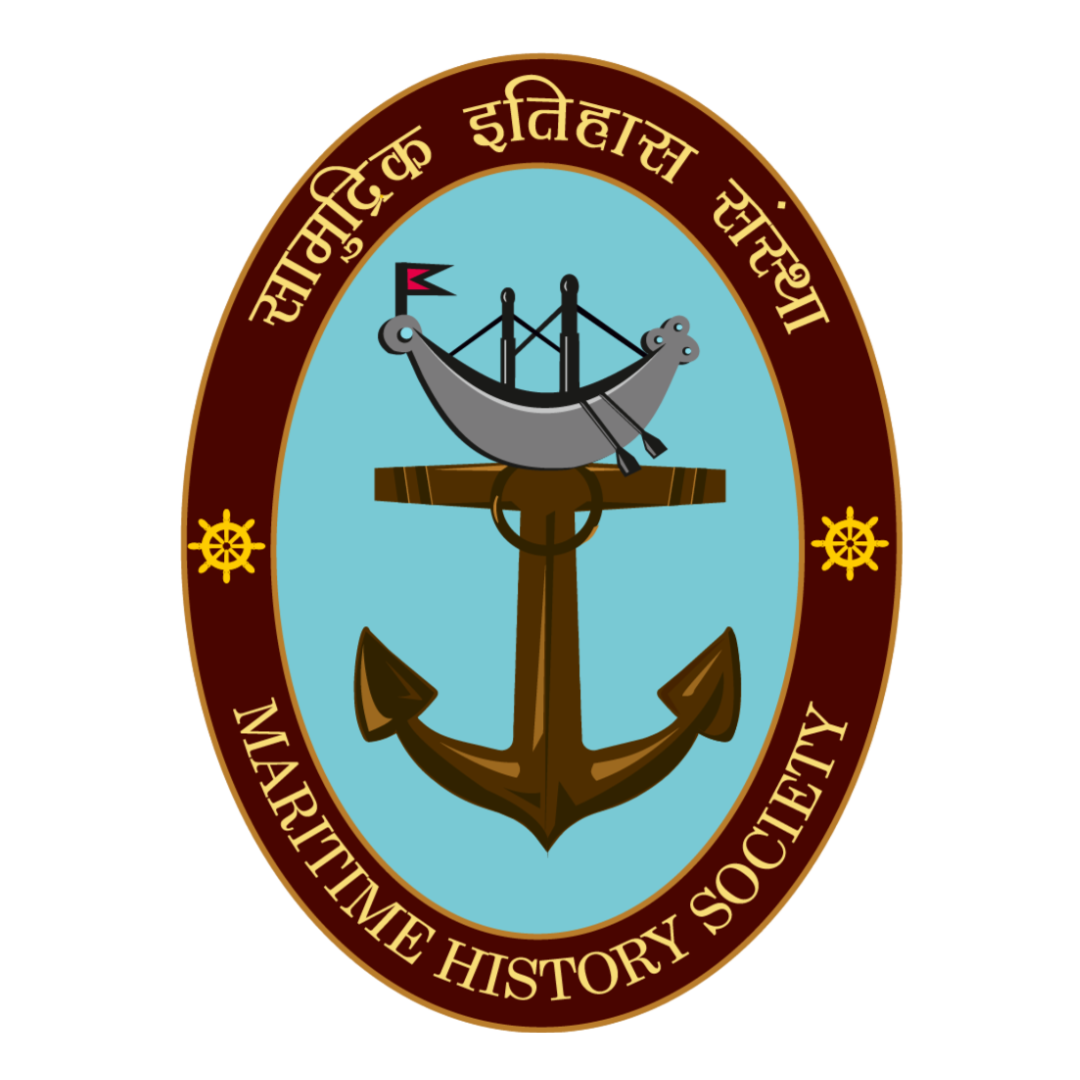Maritime history is a broad, interdisciplinary theme while studying global history encompassing the multidimensional study of human interactions. Arthur C. Clarke has captured the enormity of the maritime expanse as he has rightly put “How inappropriate to call this planet ‘Earth’, when it is clearly Ocean.”
Indians have been seafarers with a history of their maritime ventures that can be traced back to two to three millennia. There is substantial evidence to prove this. Indian Maritime History outlines the traditional themes developed around separate and isolated subjects like the history of maritime trade, ventures, of conquests, colonisation and culture, historical analysis, and discourse on naval warfare and on the economic affairs that encapsulates nautical traditions and practices that include (but are not limited to) shipbuilding, overseas trade, and commercial fishing.
A maritime historian may approach this arena from diverse opportunities and sub-themes it has to offer. Ranging from science and technology, nautical and navigational wisdom, economics, trade and commerce to art and literature, martial and naval affairs, international relations, comparative studies, legal studies, transport and communication, shipbuilding and technological advances, underwater maritime domain, maritime archaeology, intercultural relations and exchange, and diaspora relations, harnessing the potential of and conserving the natural maritime resources along with sports and recreation is what a maritime historian seeks to do. In all of these areas, associations at sea as well as terrestrial and territorial relationships may be subject to examination.
Each subset of maritime history offers a link to a range of academic methods and approaches. For instance, a maritime historian specialising in the economic history draws links to the fields of economics and business history. A naval historian looks at strategic aspects and at diplomatic, international history. Each of the microscopic aspects of the study that form a part of Maritime Studies depicts a connection or smaller traits that it shares with the established field.
Indian Maritime heritage and culture indicate both maritime activities by seafarers and mariners on sea and coastal facilities such as shipbuilding facilities, ship repair yards, docks, ports and harbours that constitute important components in a maritime landscape. India boasts of these qualities but fails to manage and harness its potential. In such an environment, the floating maritime heritage of the past represent different historical course of events, but at the same time, they are perceived to be the indicators of contemporary times and a future that needs to develop. Conservation and preservation of maritime heritage carries strategic qualities with possibilities of further development. Built structures in the maritime settings, shipwrecks, the social structures and material properties on land as well as on the sea offer opportunities for rapid development in the narratives. Customs, traditions, and nautical practices of the coastal communities in India which have been passed down from generation to generation need to be well documented before the knowledge is lost.
Classical theorists of maritime strategy like Capt AT Mahan, Geoffrey Till, KM Panikkar etc wrote about Sea Power in History while discussing the global dimensions and logistical keystones of sea power, of maritime ethos in society, and the interweaving of sea power with the evolving diplomatic viewpoints of these centuries. The study of the history and role of sea power will also help in strategizing India’s governance from security standpoint, and in analysing the development of international law and ideas about world order that provides a wider understanding about the creation and shaping of the modern world. Such theories help in tracing these themes through a chronological slant. These themes are explored from a variety of perspectives, encouraging a holistic, international approach. As Oceans have always been our Great Common, such a narrative while studying our Indian history, augmented with a maritime perspective, escalates to understand transnational and intellectual approaches to history. It stresses the importance of the sea as a principal arena of international convergence.
Image Source:
https://www.shutterstock.com/video/clip-12153692-vintage-book-compass-telescope-pocket-watch-lying
Posted in Blog, History, India, Indian Maritime History, Maritime Tagged #heritage, #History, #IndianHistory



0 Comments